Mold & Indoor Air Quality
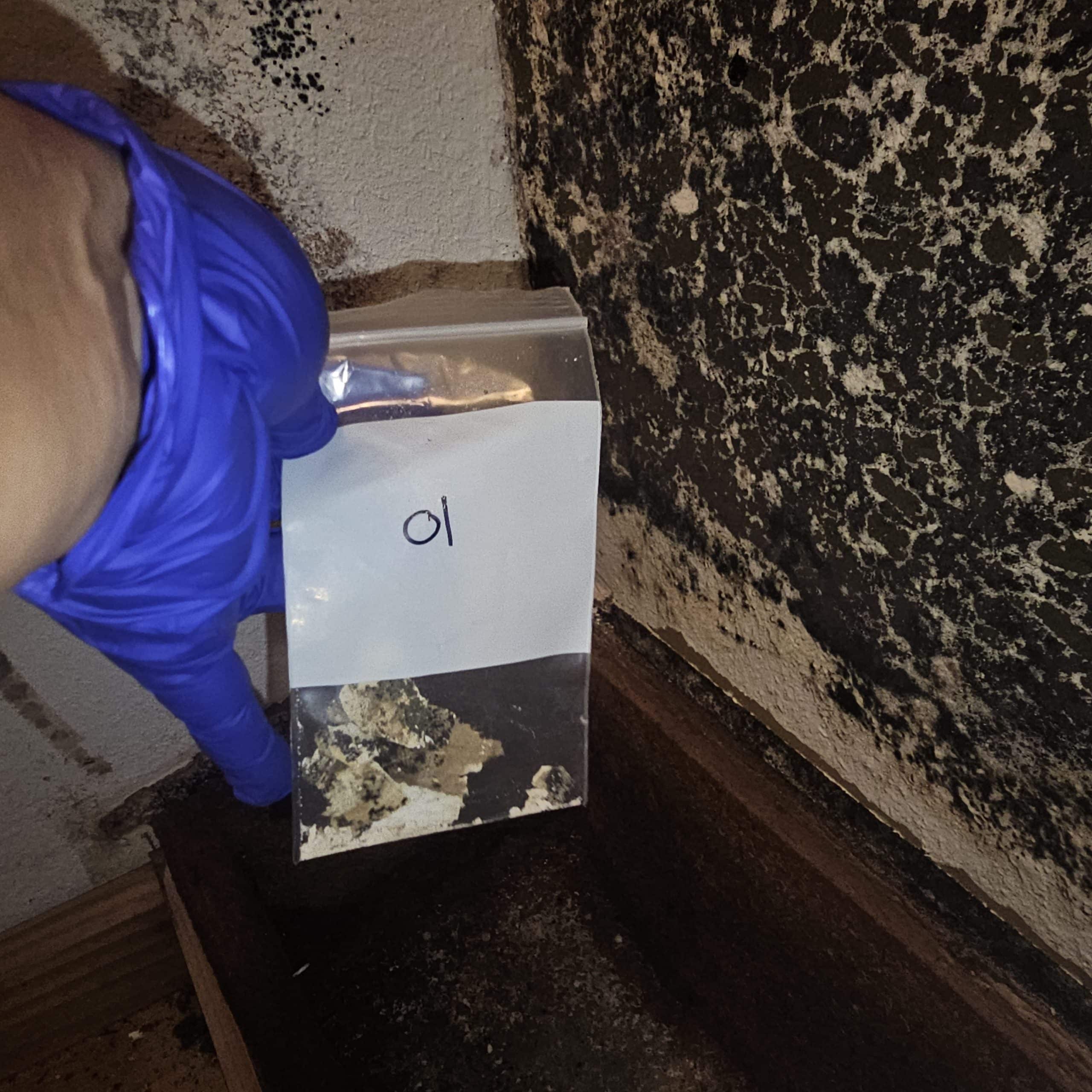
Molds are a natural part of the environment and can be found almost anywhere. There are 1,000s of different kinds of indoor/outdoor molds found within homes and businesses throughout the United States. They can grow on virtually any organic substance as long as moisture and oxygen are present. Mold growth will often occur when excessive moisture accumulates within a building or on building materials and the moisture is not addressed or left undiscovered. Since molds grow on organic surfaces and oxygen is always present, moisture is the only controllable parameter to prevent its growth. If odors, poor air quality, or visible mold growth are occurring within your home or business, possible failure of one or more of the building systems may have occurred. Excess moisture can be introduced by improperly functioning HVAC systems, damaged or improperly installed water vapor barrier, pipe leaks, and or mother nature such as floods or hurricanes. CJEC can assist in any of your mold or indoor air quality needs.
Indoor air quality plays a crucial role in maintaining a healthy living and working environment, as pollutants like mold, dust, allergens, and volatile organic compounds (VOCs) can cause respiratory issues and long-term health problems. Poor air quality can lead to symptoms such as headaches, fatigue, and allergies, making it essential to identify and eliminate airborne contaminants. Professional indoor air quality services include advanced air testing, filtration solutions, and ventilation improvements to remove harmful particles and improve overall air circulation. HEPA filters, air purifiers, and humidity control systems can significantly enhance air quality and reduce health risks. If you notice musty odors, increased allergy symptoms, or visible mold growth, a professional inspection can pinpoint the source of contamination. Taking proactive measures to improve indoor air quality ensures a safer, cleaner, and more comfortable environment for your family or employees.
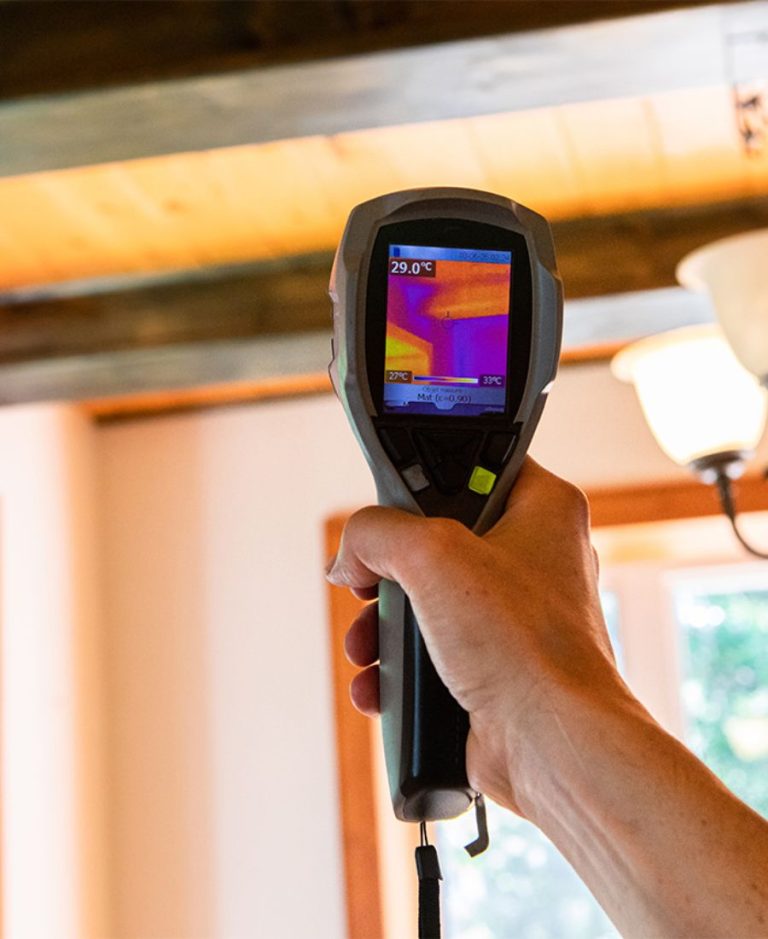
Mold / Indoor Air Quality Assessment Services
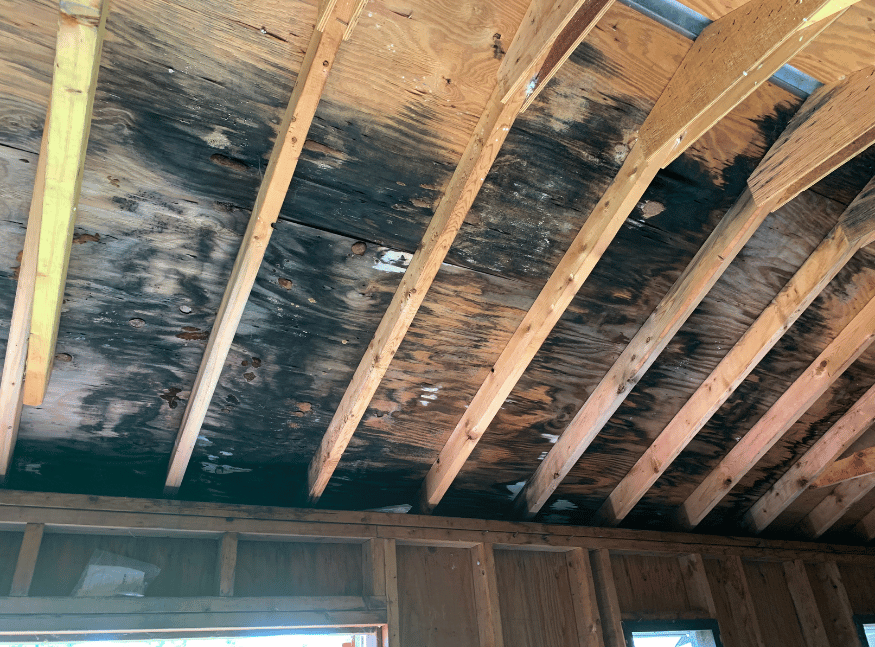
Comprehensive Air Quality Testing & Assessment
At CJEC our inspectors will perform site assessments and collect mold testing or sampling in commercial, industrial, hospitals, schools, residential, and municipal buildings. We will summarize all visual and analytical findings in an inspection report that will include photographs in addition to analytical results. The first step in improving indoor air quality is conducting a professional air quality test to identify pollutants such as mold spores, VOCs, allergens, carbon monoxide, and other harmful particles. Using state-of-the-art monitoring equipment, we analyze air samples, humidity levels, and ventilation efficiency to determine the root cause of contamination. Once testing is complete, we provide a detailed report with actionable recommendations to enhance air quality and eliminate health risks.
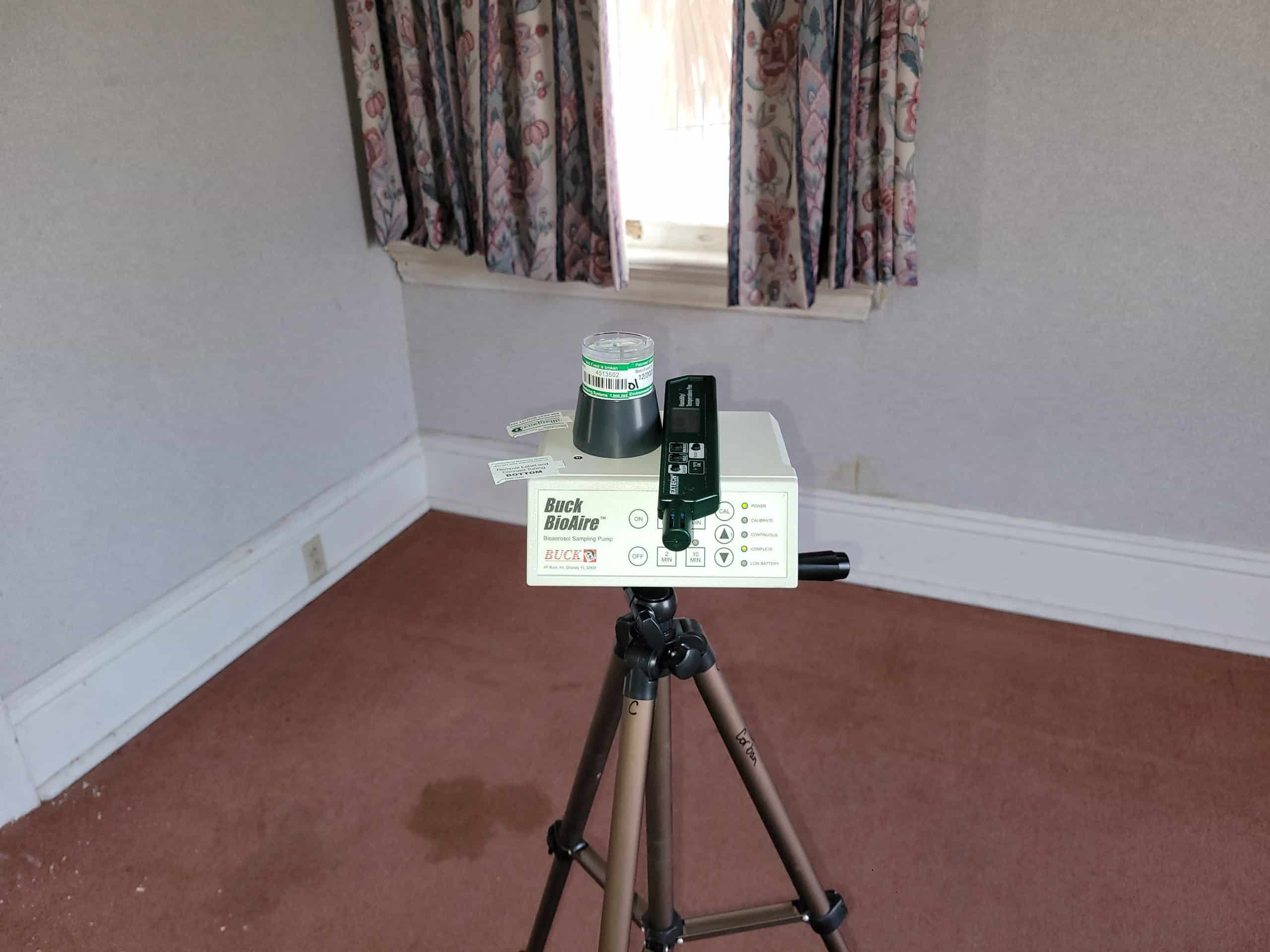
Comprehensive Air Quality Testing & Assessment
If testing reveals poor air quality, the next step is implementing tailored solutions such as HEPA filtration systems, activated carbon air purifiers, and UV light sanitation to eliminate harmful airborne contaminants. Improving ventilation, sealing air leaks, and using eco-friendly cleaning products can also help reduce indoor pollutants. For homes and businesses with mold or high humidity levels, dehumidifiers and professional mold remediation may be necessary to prevent further air quality issues.
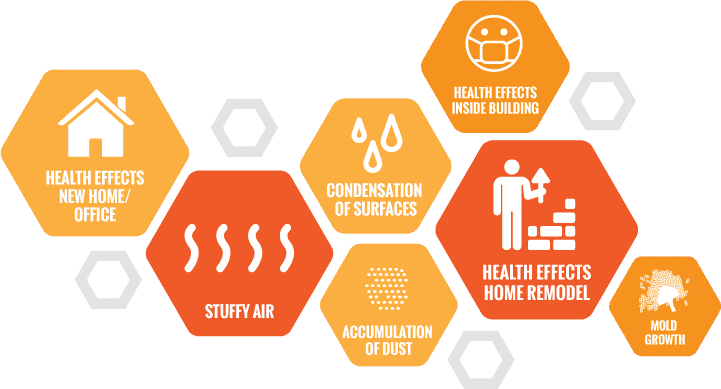
Ongoing Maintenance & Prevention Strategies
To maintain clean indoor air, regular HVAC inspections, duct cleaning, and filter replacements are essential in preventing pollutants from accumulating. Implementing a routine air quality monitoring plan ensures that contaminants are kept at safe levels while promoting a healthier indoor environment. Educating occupants on best practices, such as reducing indoor chemical use and increasing natural airflow, helps sustain long-term air quality improvements.
Other Mold and Indoor Air Quality Services Include:
- Forensic Investigations
- Air Quality Parameters
- Chemical and Particles
- Airborne Sampling
- Property Condition Assessments
- Radon Testing
Radon Testing
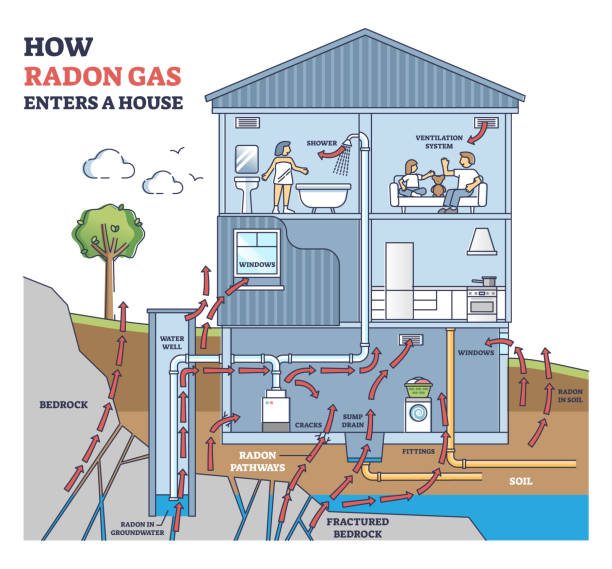
Radon is a colorless, odorless radioactive gas that forms naturally from the breakdown of uranium in soil and rock, seeping into homes and buildings through cracks and openings. Long-term exposure to radon is the second leading cause of lung cancer, making professional testing and mitigation essential for protecting indoor air quality. Our radon assessment process involves placing specialized detection devices in key areas of your property to measure radon levels over a set period. If high concentrations are detected, our team designs and installs radon mitigation systems, such as sub-slab depressurization, to safely vent the gas outdoors. Regular radon testing is recommended, especially in high-risk areas, to ensure safe indoor air levels. Protect your home or business with professional radon testing and mitigation solutions that create a healthier environment.
Regulatory Information
Texas is one of a few states that are highly regulated when dealing with hazards in residential and commercial properties. The Texas Department of State Health Services is in charge of handling regulations for asbestos in commercial properties and mold within residential and commercial properties. There is a great amount of information concerning rules and regulations that can be found on the sites given below.
